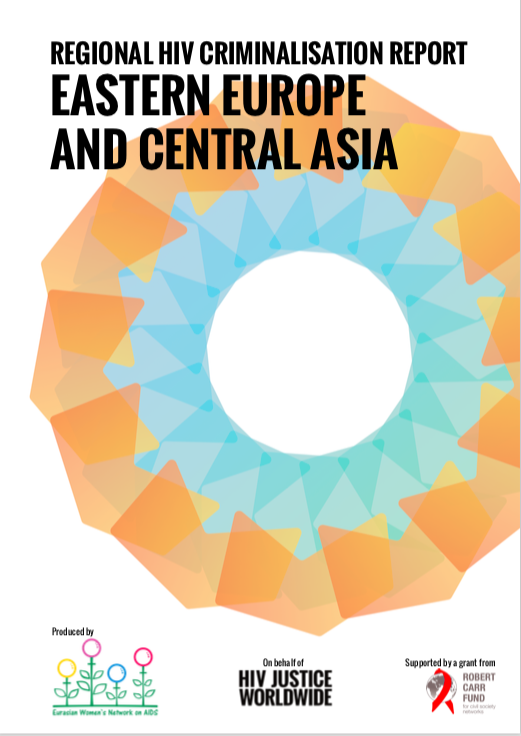By Mathew Rodriguez
AMSTERDAM, Netherlands — As a news consumer, how can you tell if a story you’re reading about HIV criminalization is actually fair, or has the interests of people living with HIV in mind? Despite a noticeable shift in better coverage for HIV criminalization cases, activists at the Beyond Blame pre-conference to the International AIDS Conference in Amsterdam reported that too many journalists rely on harmful frameworks when reporting stories about potential HIV exposures and people with HIV whose bodies are criminalized.
Here are a few ways to see whether or not you’re being told a story that is doing way more harm than good for people living with HIV, as outlined by Janet Butler-McPhee, director of communications and advocacy at the Canadian HIV/AIDS Legal Network and Nic Holas, co-founder of Australia’s HIV movement The Institute of Many.
The HIV Monster
Though Butler-McPhee said this narrative is slightly fading, too many journalists still rely on this frame as a way to garner clicks. This narrative paints people with HIV as purposefully hiding their status in order to be deceptive to an HIV-negative person or people. This framework also implies that people with HIV have some innate intent to transmit the virus and that HIV-positive people are all terrifying potential perpetrators of criminal activity.
Aside from othering people with HIV, this narrative also turns HIV-negative people into innocent victims with zero agency in their own lives. These narratives often omit pertinent details about the relationship between the accused and accuser. It turns a complex relationship into victims and villains.
It’s racist AF
HIV criminalization and obvious racism go hand in hand. This is very similar to the HIV monster narrative but also relies on racist tropes to tell its story. For instance, in many countries like Canada and the United States, black men are often painted as vectors of disease who are preying on innocent white women or white gay men. This narrative happens with other marginalized groups, as well.
The story claims HIV criminalization will protect you!
Some stories share the names and information about an HIV-positive person’s HIV criminalization case as a form of “public good” — saying that the public deserves to know someone’s private health information. Butler-McPhee stressed that this is unfortunately rooted in the idea that people with HIV do not have basic rights to privacy and that outing them will do more public good than personal bad — which is wrong . Coverage that relies on outing people with HIV is often inherently racist as well. Their names are published to protect white women.
Stories like this once again put all the onus of public health on HIV-positive people. It also sets HIV apart from every other STI or blood-borne infection, reinforcing the stigmatizing idea that it is somehow scarier or deadlier. Coverage like this also retraumatizes the accused.
Additionally, Holas stressed, local police officers often rely on media to get an accused’s name in headlines and stories to get other potential sex partners to come forward to build a case around them. In cases like this, the media may be unknowingly doing the police force’s work to help criminalize a person with HIV.
The story reports that HIV is easy to transmit and a death sentence.
Any coverage of HIV in 2018 that treats HIV as an automatic death sentence is unscientific and wrong. While it’s true that many people in the global South and even certain regions in the United States might see worse outcomes due to an HIV diagnosis than others, putting the onus on the virus instead of racist socio-economic conditions puts people with HIV at risk. When discussing HIV criminalization, stories too often rely on people’s fear of the virus rather than reality to prove their point.
“It’s easy to disclose your HIV status, so just do it!”
If there’s one thing that HIV criminalization stories prove, it’s that living with HIV in 2018 is a serious risk for personal safety. However, many stories still push the idea that disclosure is the end-all-be-all of living with HIV and that it is the “morally correct” thing to do, even when the story itself is showing the many negative consequences that can come along with HIV disclosure.
These stories also don’t take into the account the pervasive violence and stigma that people living with HIV face daily. As Holas said, these stories revolve around the idea that “if you haven’t done anything wrong, you’ve got nothing to worry about.”
For those in the media interested in improving their coverage or for advocates looking to make sure their messaging on HIV criminalization is media-ready, the HIV Justice Network does have a guide on HIV criminalization and the media.
Published in INTO on July 23, 2018
